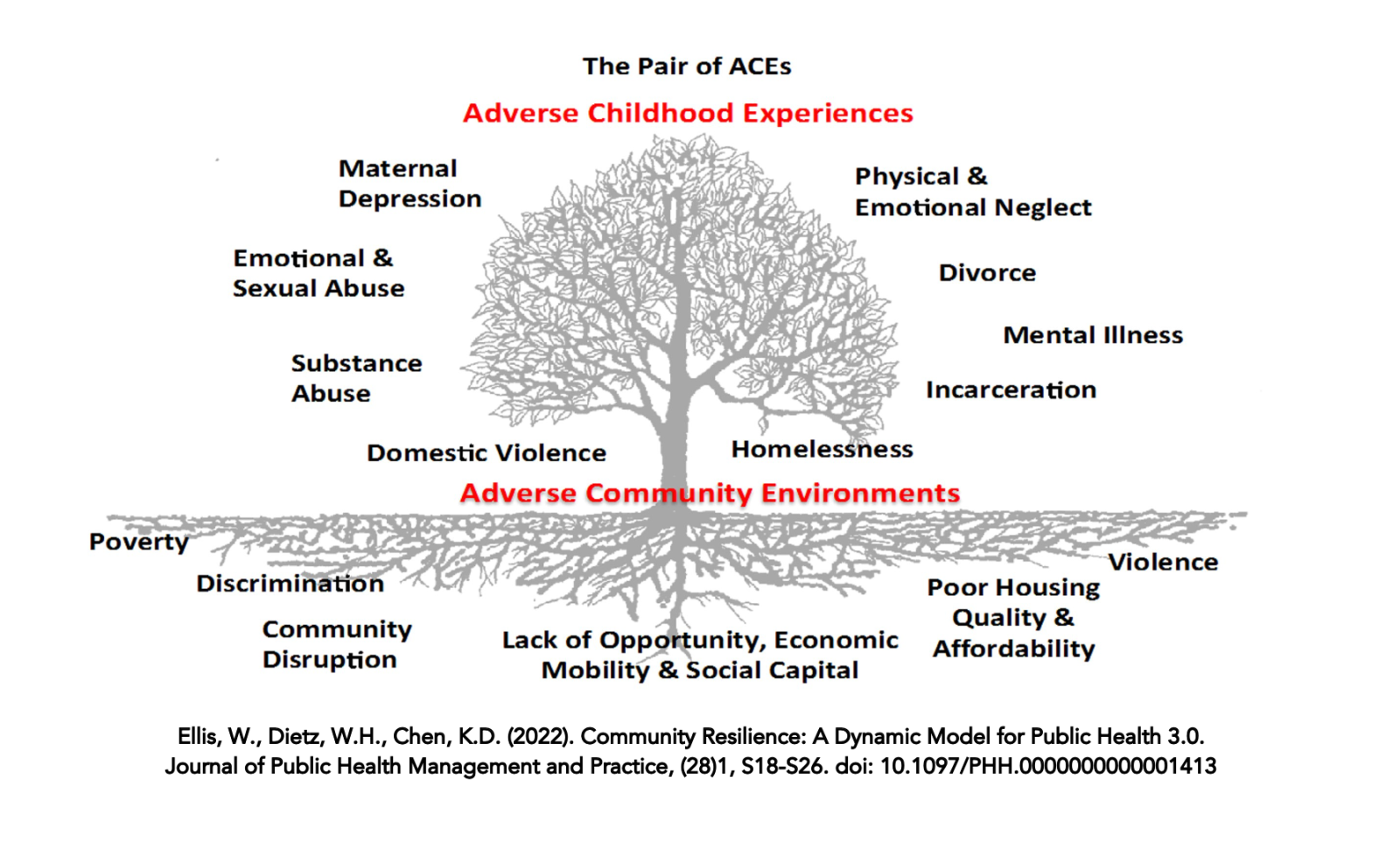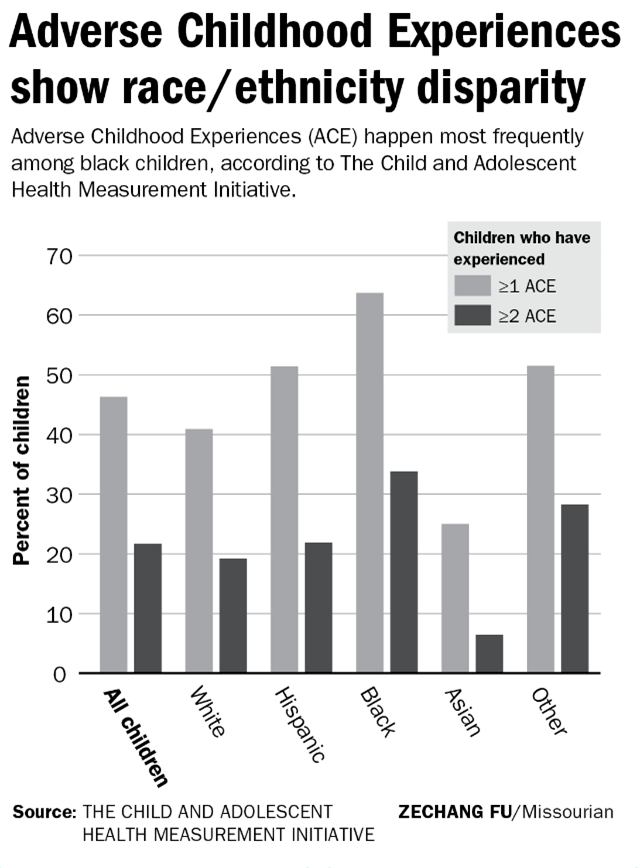From infancy through high school, children’s educational outcomes are dependent on the quality of their learning experience. Inequities in education start early and have lifelong impacts on children and communities. This opportunity gap is not due to individual actions but is profoundly shaped by social and economic conditions and systems. Quality early childhood education has been shown to have a significant positive effect on future success because brain circuits are actively developing during that period. In fact, 85% of the brain’s development happens before a child enters kindergarten.
Did you know?
- High-quality child care is costly – ranging from an average annual cost of $8,890 for a 4-year-old up to $10,861 for infant care. This means that married parents of two children living at the poverty line pay up to 74.1% of their household income for center-based child care.
- The Michigan League for Public Policy created a list of “child care deserts”– regions where three children compete for every available slot at an in-home or group center. A total of 20 counties have so few childcare options that they qualify as deserts . . . Another 23 Michigan counties, including Detroit’s Wayne and Macomb counties, are rounding errors away from qualifying as deserts as well.”
- Researchers have found that the persistence of the educational achievement gap — the disparity in academic performance between groups of students — in “the United States is the economic equivalent of a permanent national recession.”
Social and emotional health are also key to children’s development. Research has shown us that poverty, trauma and other adverse childhood experiences (ACES) can have sustained negative impacts on children’s ability to succeed. ACEs act as a toxic source of stress with the potential to disrupt a child’s ability to learn, relate, grow, play, communicate, and problem-solve. In 2020, a culturally-informed ACEs model was presented for the first time to make visible “the intergenerational and multilevel impact of racism on the mental health of Black youth.”
ACEs disproportionately impact children of color. This is a downstream impact of the toxic environments created by institutions and systems that differentially shape our lived experience (e.g., the justice, education, and healthcare systems). Healthy school, community and home environments are critical to preventing children from experiencing ACEs and appropriately supporting children living with chronic stress so that it does not limit their opportunity in life.


It’s important to note that even amongst ACEs there is HOPE. HOPE is a program from Tufts University that stands for Healthy Outcomes from Positive Experiences. The HOPE National Resource Center sees a world that honors and fosters positive experiences as being fundamental to everyone’s health and well-being. Their model builds on the four building blocks of hope to support children: relationships, stable environments, social/civic engagement and emotional growth.
Today's Challenge
Read
- Read this U.S. News article on how ‘Education Inequality Starts Early’ for children in households with low incomes. (6 minutes)
Watch
- Watch this two-minute CBS News report on how systemic racism persists in early childhood education, where black preschool students are disproportionately facing harsh punishments, like suspension. (2 minutes)
Listen
- Listen to this WEMU interview to learn about how The Collaborative-Ypsilanti YMCA Child Development Center is meeting the need for high quality, affordable early childhood education in Washtenaw County. The Collaborative is a partnership between the YMCA, Eastern Michigan University, Ypsilanti Community Schools, and the Ypsilanti Housing Commission. (11 minutes)
- Listen to the This American Life two-part podcast special on how integration is needed to close the achievement gap. (Part 1, 58 minutes; Part 2, 17 minutes)
Engage
- We all have a role in providing a supporting, caring presence in a child’s life and you are an important factor in helping them overcome the effects of childhood trauma. Practice these five simple gestures to make a difference in their everyday lives (1 minute)
- Connect4Care Kids is a centralized resource from the United Way for Southeastern Michigan to help families with young children understand childcare assistance options and connect with childcare providers across Wayne County. Click here to get started. Don’t live in Wayne, Oakland, or Macomb? Search for child care using the Great Start to Quality’s database.
Act
- If you are a parent or caregiver, check out the Ages & Stages Questionnaire. Regular developmental screening can help ensure children are on track and identify opportunities for additional support. Next, sign up to receive tips to better engage and educate your child through United Way’s ParentPowered program. Text UNITED to 70138 to get started.
- Lend your voice with Mothering Justice and advocate for policies that support Black, Brown, and Indigenous mothers and their children.
- Please be aware that engaging in this action item could bring up past trauma and we recommend talking through your childhood ACEs score with a supportive therapist – Go deeper and assess your ACEs score to see how childhood trauma may be impacting your life. Then, assess your resilience score and explore resources on how to support yourself and others by building resilience.
- Learn more about HOPE programs and trainings.
Reflect And Share
- How does this information about early childhood and the cost of care compare with your own experiences as a parent or caregiver? If you are not a parent or caregiver, what does today’s information mean to you as a community member?
- When you think about the racialized impacts of racism, poverty, and trauma, what comes up for you? What haven’t you considered previously?
- What will you shift based on what you’ve learned today?